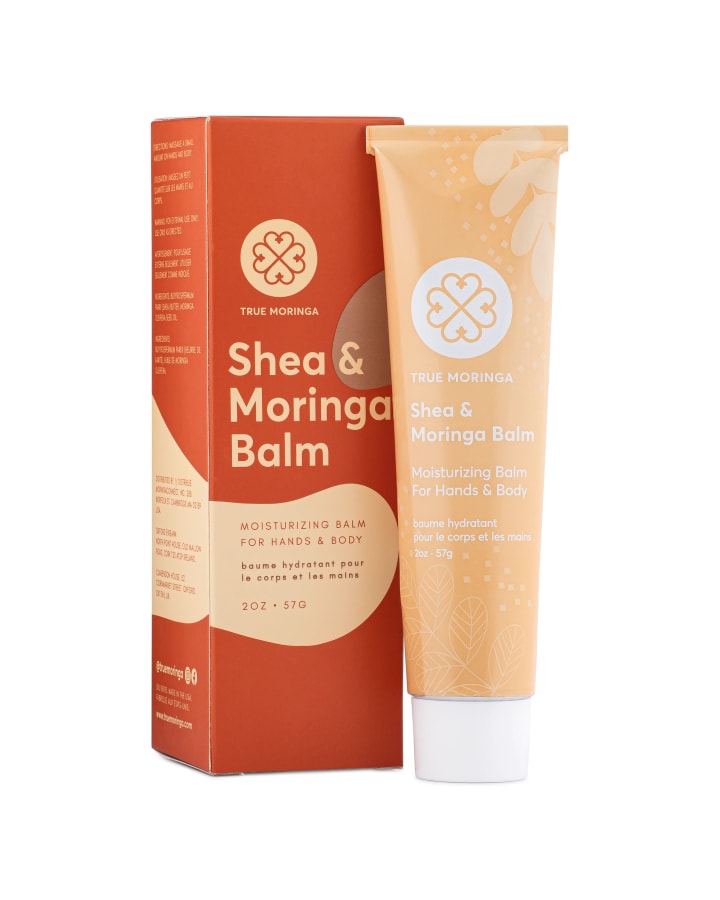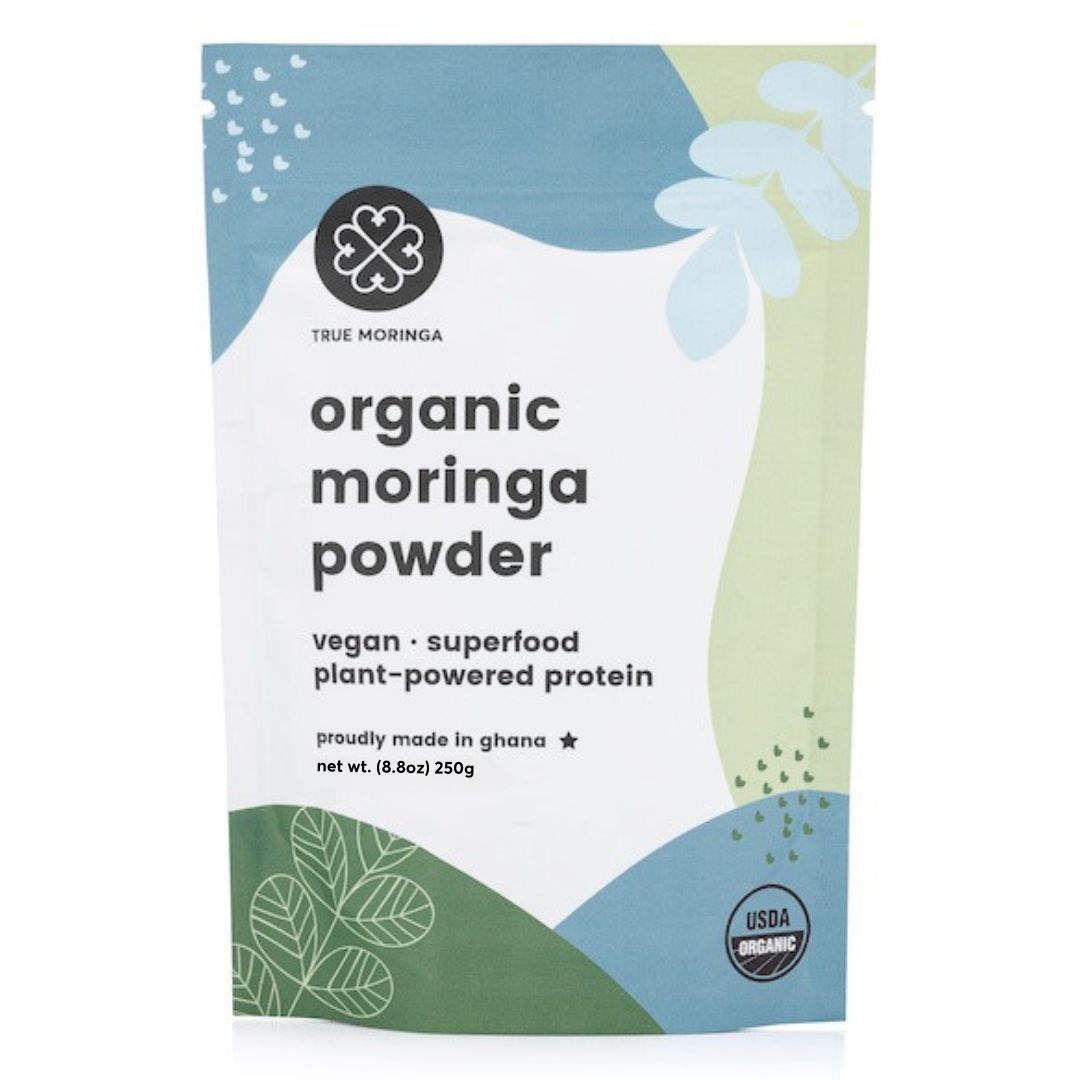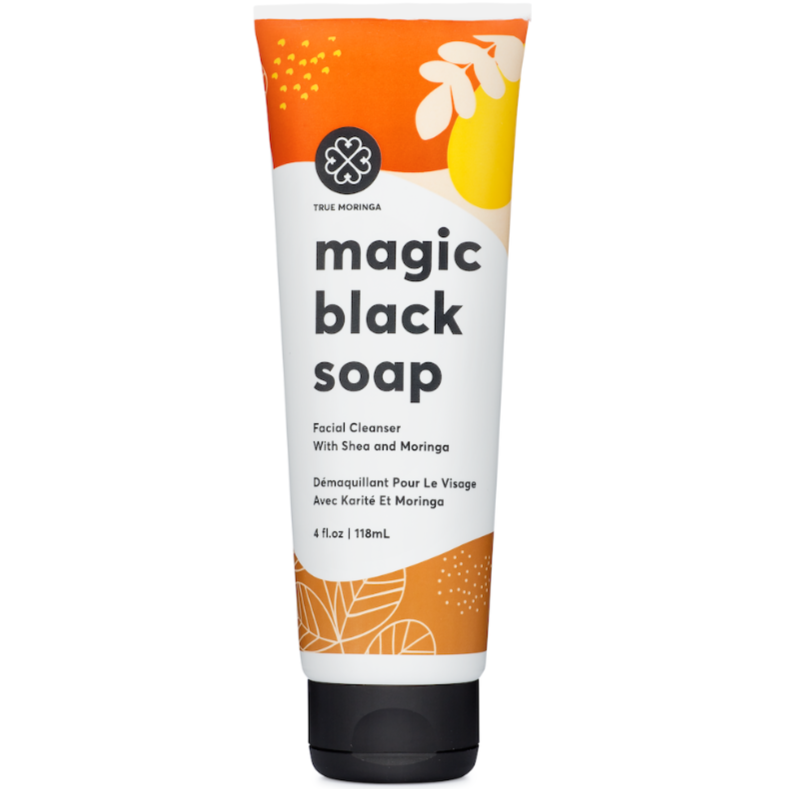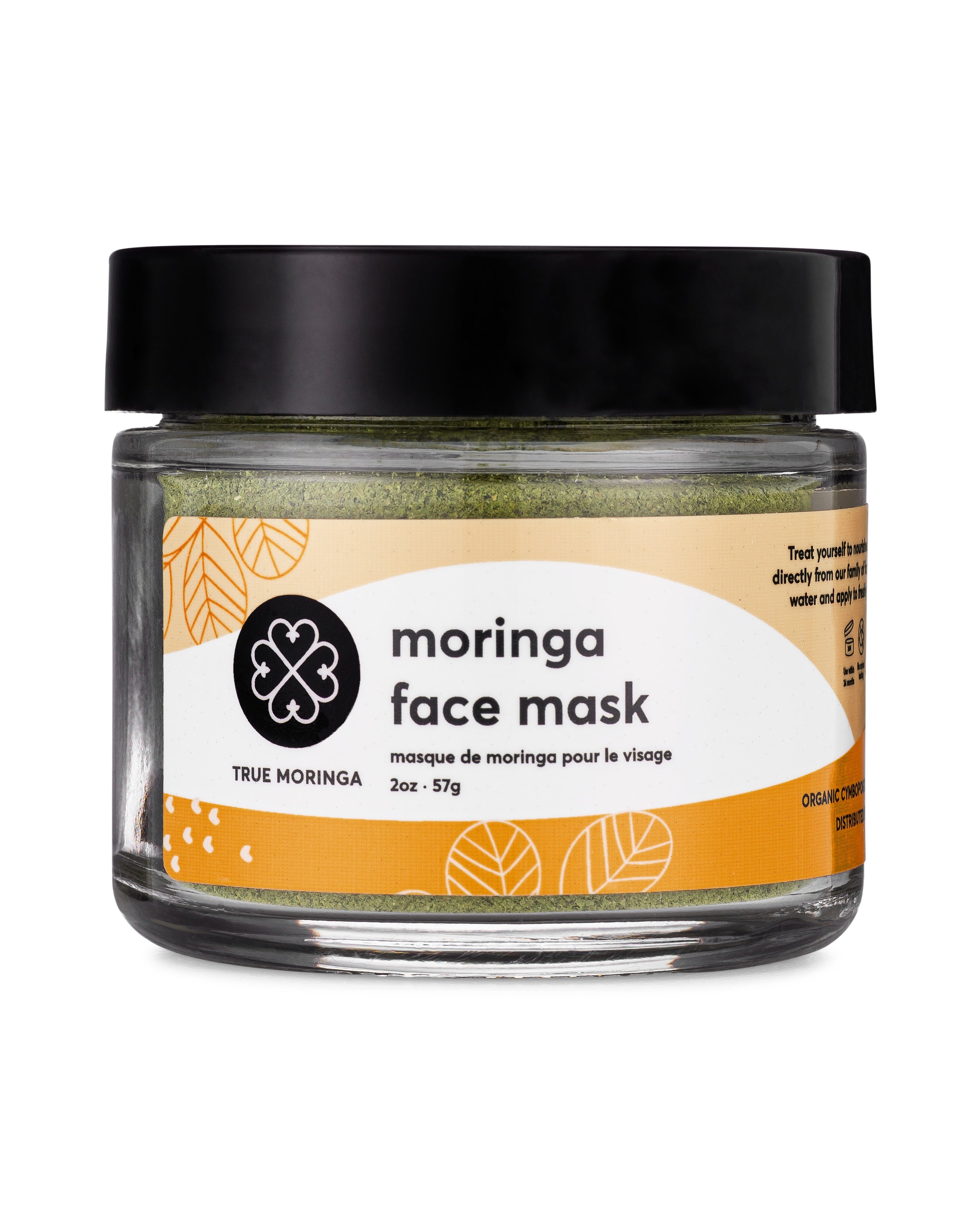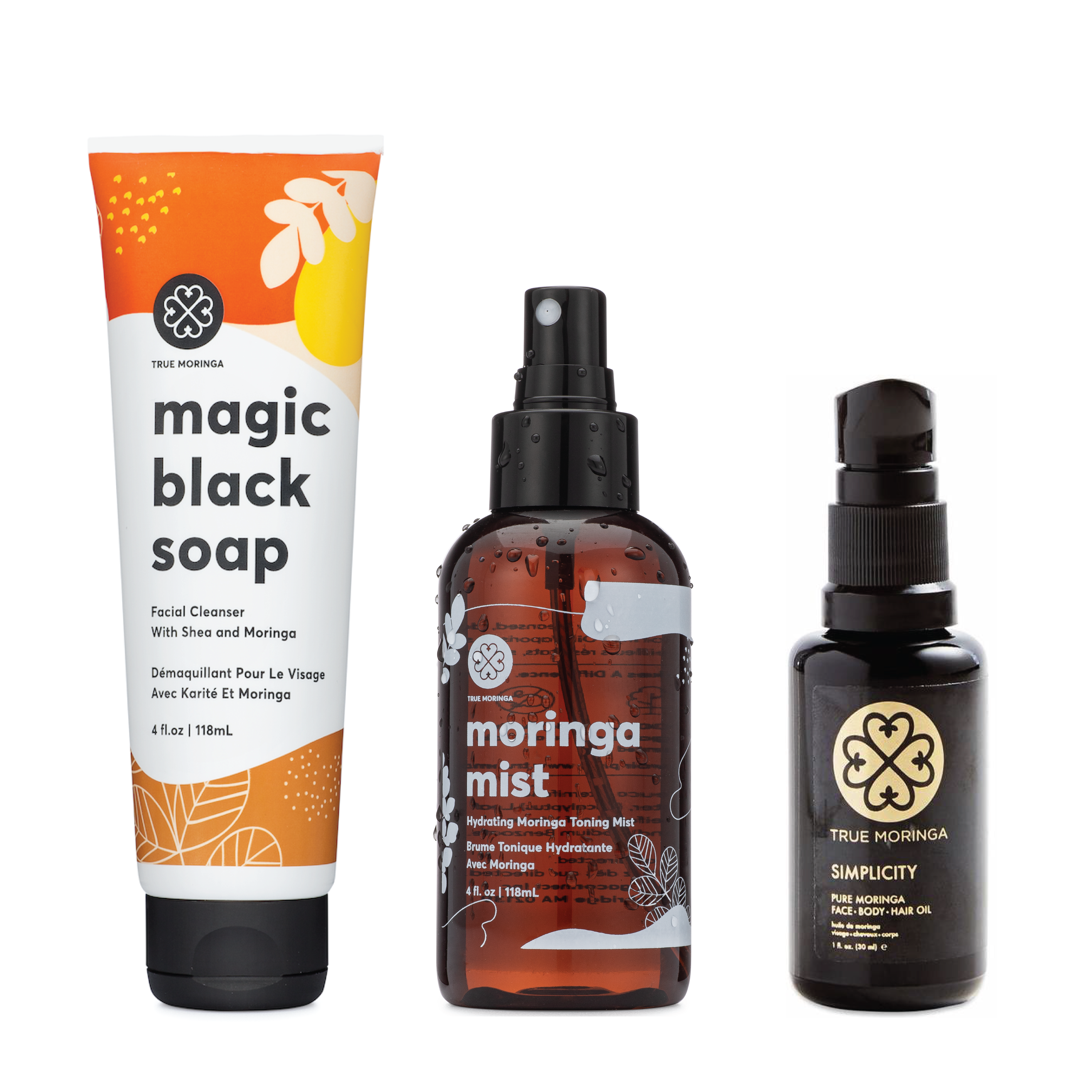



Cosmetic Contaminations Part III: Earth
The first two parts in our Cosmetic Contaminations series covered the ways in which the conventional cosmetics industry has been polluting the water we drink and the air we breathe. In this third installment, I’ll be discussing more broadly how the outdated practices of many of these large-scale companies contribute to landfills, unsustainable land use, the hurting of animals and the wasting of resources.
One of the most immediate and visible ways in which the industry impacts the earth is through unnecessary packaging. How often have you bought a product, had to unwrap a layer of cellophane, open a cardboard box, often had another plastic piece holding it in place, and then finally reached the actual jar or tube? Each of these unnecessary pieces ends up getting tossed away immediately, while the final container itself finds its way into the trash eventually as well.
Even worse, because of the nature of their contents, the plastic used to hold cosmetics is much thicker and slower to biodegrade, so as not to be broken down by the chemical ingredients within.
Those of us that bring our own reusable bags to the grocery store and buy dishwashable tupperware cringe every time we have to buy a new toiletry. Luckily, recently natural cosmetic companies are addressing those issues by packaging in recyclable glass bottles (as we do with all our facial and body oils!), and some even offer discounts if you bring back containers to be reused, while still others are seeking and developing innovative containers made from recycled materials.
But even as companies try to address waste in the industry, others are simply jumping on the bandwagon, greenwashing their brands in order to profit from heightened consumer consciousness.
When large companies try to market their products as natural to reach an environmentally concerned crowd, they usually end up sourcing those natural ingredients in an unsustainable manner. I mean, if a massive international corporation wants to switch its base ingredient from petroleum jelly to coconut butter, it’s gonna take a lot of coconuts!
Just as they’re currently extracting and synthesizing chemical ingredients that use up nonrenewable resources, they will need to depend on larger quantities of plant-based resources to replace those ingredients to scale. Moreover, even many natural products rely on inhumane animal testing and even forced labor, with or without the knowledge or consent of the final manufacturer.
In contrast, smaller companies are able to achieve more sustainable supply chains and better oversight by placing quality over quantity. When organic, vegan, and eco-friendly are at the heart of a company’s mission—as opposed to part of a single product line targeting trendsetters—those values become as much of a goal as profit itself. In fact, for many natural cosmetic companies, a portion of profits goes back to the earth in the form of agricultural projects or environmental awareness campaigns.
In so many ways, when you buy natural you're doing something great for yourself, those around you, and the world at large.


